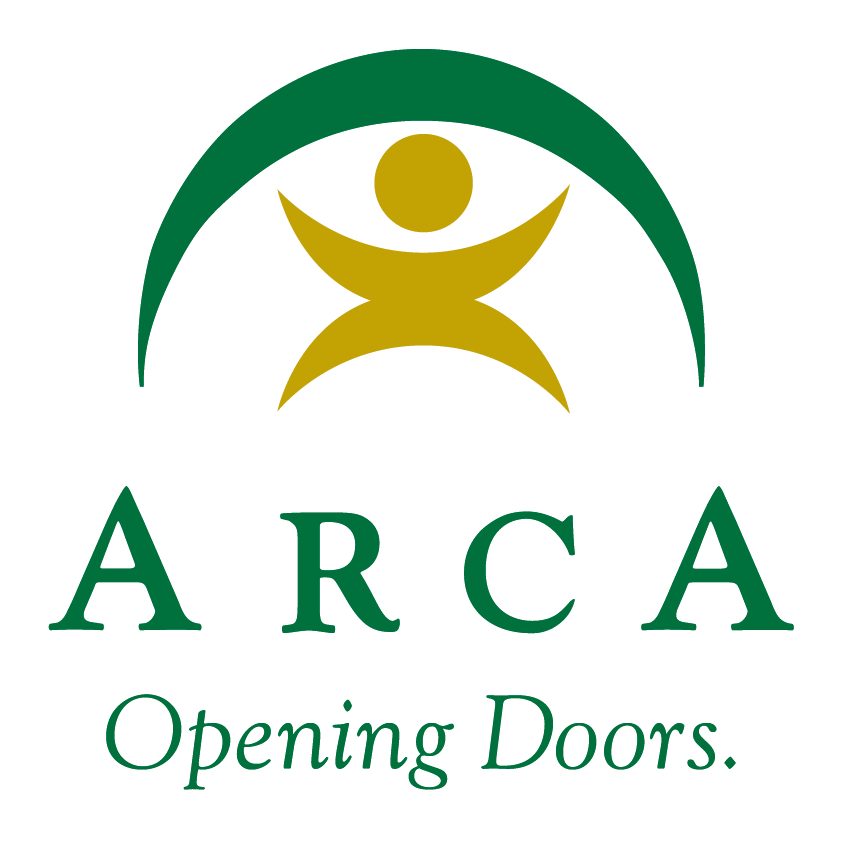What is Prader-Willi Syndrome (PWS)?
PWS is a life-threatening genetic developmental disability that effects the functioning of the hypothalamus. Among the results of this disability are muscle weakness, a lack of the satiety signal to stop eating, learning issues, behavior problems and, if not managed correctly, morbid obesity from which people with PWS can and do die.
ARCA’s PWS Project provides specialized consultation and services to 60+ individuals and their families. Services include identification and referral, individualized Medical Nutrition Therapy, training and consultation on the medical, behavioral and emotional supports necessary for people with PWS. The Project attempts to develop programs in local communities around the state for each individual. These include programs for home, school and place of employment. The Project works to ensure all people in the lives of the individual are educated about PWS and its management.
Prader-Willi Syndrome
Prader-Willi syndrome is a complex genetic condition. In infancy, symptoms include weak muscle tone (hypotonia), feeding difficulties, poor growth, and delayed development. Affected individuals develop an insatiable appetite, leading to chronic overeating (hyperphagia) and obesity.
Characteristics
• Short stature
• Almond-shaped eyes
• Thin, tented upper lip
• Pear-shaped body type
• Low pigmentation
• Different facial proportions
• Small hands/feet with a straight ulnar border on the side of the hand
• The Hypothalamic and other regions of the brain are not functioning resulting in:
Hypotonia: Low muscle tone affecting all muscles in the body.
Hyperphagia: Insatiable appetite leading to uncontrolled eating and searching for food.
Hypogonadism: Small genitalia and lack of sexual maturity.
Hypomentia: Learning disabilities and/or mental retardation.
• Emotions that are unmodulated and can lead to outbursts, temper tantrums and mood swings.
• Behavior that is inflexible and can lead to stubbornness, hoarding, self-trauma and aggression.
• An experience of pain and illness that is different from people who do not have PWS.
We are dedicated to promoting an increased awareness and understanding of PWS. We provide written information, training, conferences and seminars to individuals and groups interested in learning more about PWS. Our Services Include:
• Identification and Diagnosis
If PWS is suspected, we will direct families to a geneticist who can complete diagnostic testing.
• Case Consultations
Our program provides assistance in locating, developing and coordinating individualized resources and services for the management of PWS in a person’s home community.
• Training and Education
We offer training and education to providers who serve individuals with PWS. Our program provides behavioral training and consultation to individuals, their families and other service providers.
• Nutrition Consultation
A Nutritionist develops an individualized Medical Nutrition Therapy program for each person served. We also provide consultation to other service providers and other Nutritionists/RD’s as individuals require specialized nutrition supports.
• Family Supports
We provide families with essential information regarding PWS and available services, including residential opportunities, benefits and guardianships. Additionally, we collaborate with families in the development of individualized service plans.
• Emergency Respite
Our program provides families with funds for respite services on an emergency basis. Prior approval from the PWS Project Director is required for this service.
Building a Community of Supports:
CLICK HERE to access our PWS conference archive, including extensive resources to download and video of the 2017 conference.
There are no upcoming events.
For more information, or to refer individuals for services, please contact us.
Call (505) 550-1550 or Toll-Free: 1(844) 302-6868
Loretta Sesbeau, PWS Nutritionist
Office: 505.449.8423 | email
Michelle Harmon, Project Director
Office: 505.332.6843 | email

